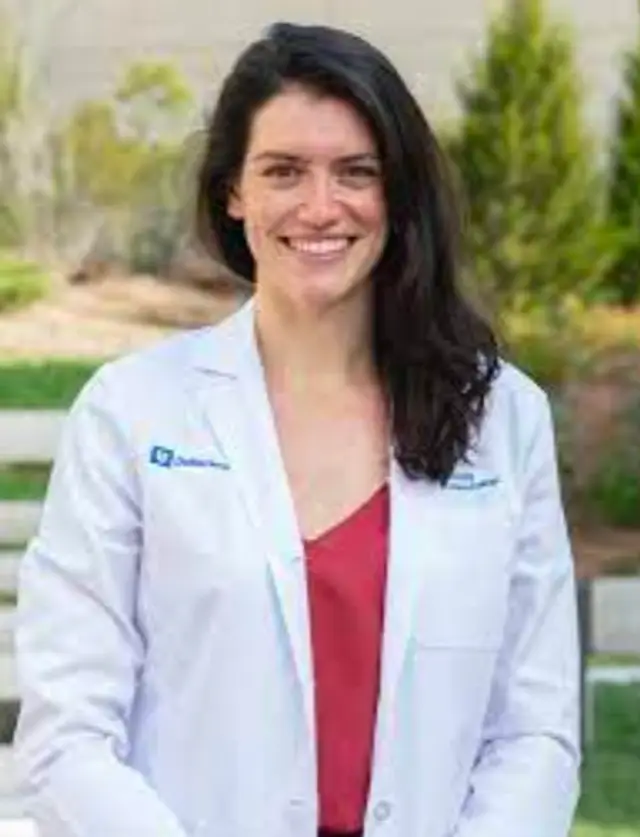How to become a Cancer Researcher, Selena Lorrey’s journey: From Figure Skater-Ballerina-Chef to Cancer Researcher
4 minute read
This blog post is adapted from the AMA webinar series that we did. See the full AMA webinar here.
I can first recall thinking about what I wanted to be when I grew up around the age of six. Clearly lacking motivation, all I wanted was to have three simultaneous careers as a figure skater-ballerina-chef. To be clear, I didn’t want to make food while dancing on ice, I apparently wanted to have three careers at once and just wear many hats. I guess that’s when I could have realized I was destined to do a PhD, which is basically equivalent to many full-time jobs.
Research YOUR fave areas of Biology and Medicine
Polygence pairs you with an expert mentor in to create a passion project around biology and medicine. Together, you work to create a high quality research project that is uniquely your own. We also offer options to explore multiple topics, or to showcase your final product!
As time went on, I realized I was neither particularly graceful or talented in the kitchen, nor did I enjoy these things (I did take dance for a number of years, but it turns out I didn’t like dancing, I liked the pretty costumes and performing for people- important information to figure out!). A few years later I realized I loved reading and learning about history, particularly the Revolutionary and Civil Wars. It’s possible this was influenced by the vast majority of our family vacations taking place at campgrounds near civil war battlefields, and often including walking tours, audiobooks and museums.
My interest in history was overshadowed next by my interest in language and linguistics. This has stuck with me throughout my life and in the last 10 years I have studied some French, a little Spanish and quite a bit of German. Most recently, I am trying to learn a bit of Italian with my lifetime subscription to Rosetta Stone. In my early teens I thought I might want to work as a translator some day, though I wasn’t fluent in another language, the idea of helping people by facilitating a better understanding between them was always exciting to me.
That motivation to help others has never left, but rather strengthened over time. My sophomore year of high school I was exposed to a biology class and was absolutely blown away. My interest in biology grew into a passion for helping others in the setting of human health. During my undergraduate education I crystalized my goals for the future by realizing I wanted to use my skills and knowledge to help cancer patients and their families. I received a lot of support both financially, through grants and scholarships, and personally, through mentorship and to this day, I feel an obligation to use the opportunities I’ve been fortunate to have been granted to pay it forward and help others. I want to use my intellect and interests to make as much of an impact as possible.
Do your own research through Polygence!
Polygence pairs you with an expert mentor in your area of passion. Together, you work to create a high quality research project that is uniquely your own.
I am now five-years into a PhD in immunology (the study of the immune system) as part of the Brain Tumor Immunotherapy Program and Department of Immunology at Duke University. In my current role, I am a research who is trying to develop thoughtful and rational therapies to extend the lives of brain cancer patients. Specifically, I study a type of treatment called immunotherapy. Immunotherapies “harness the power of the immune system to fight cancer” and they work really well in some cancers outside of the brain like melanoma (skin cancer) or lung cancer. However, these treatments don’t work well in patients with brain tumors. My research is focused on understanding why these treatments don’t work and using that information to design better therapies to overcome those specific challenges. Although doing a PhD is very, very difficult (for a perfect description of this, see Lulie’s blog post “Running by the Charles River”) it is also deeply rewarding. I feel that I am making strides to help brain cancer patients and finally in a place where I am using my skills and knowledge to the best of my ability.
When deciding what you want to be when you grow up, I would encourage you to follow your passions, think about what you find fulfilling, think about the skills and interests you bring to the table, and never forget what the illustrious Beyoncé said in her song Pretty Hurts “my aspiration in life is to be happy”. Don’t forget to consider what you want both your career and your life to look like.
Want to start a project of your own?
Click below to get matched with one of our expert mentors who can help take your project off the ground!
